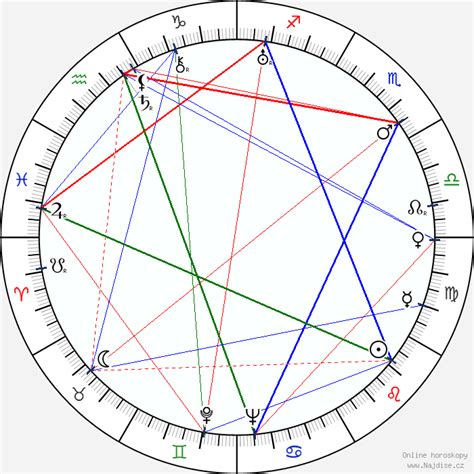A Quote by Frans de Waal
Wild groups of chimpanzees attack their enemies like gangs. What they completely lack, precisely because of their strong territorial behavior, is a friendly relationship with their neighbors.
Related Quotes
There's only one thing worse than not paying attention to girls in gangs - it's paying attention to girls in gangs. The public reaction to girls and women who engage in nontraditional behavior - the hysteria that often surrounds girls in these groups - is almost as interesting as the behavior itself.
And I thought how sad it was that, for all our sophisticated intellect, for all our noble aspirations, our aggressive behavior was not just similar in many ways to that of the chimpanzees - it was even worse. Worse because human beings have the potential to rise above their baser instincts, whereas chimpanzees probably do not.
If we enjoy the benefits of peace, it is only because we have an excellent armed force and a fine socialist economy. Let us exert all efforts so that our further development may be strong and mighty, so that our numerous enemies may think well and long before they decide to attack our fatherland, and so that if they attack, they will quickly regret it.
Sometimes people will have a heart attack or some devastating personal loss, and after that, their political views change completely, and their behavior changes completely. It's not because somebody persuaded them to look at the graph on CO2 and temperature, and they finally saw the evidence and were persuaded. Something else changed that allowed them to see and to hear. What is that something else? How can we cultivate that in people without them having to go through a heart attack? The interpersonal things we do change the substructure of our systems. They are political.
I've learned to become a progressive man because I have four women in my life. And their mother, who I'm not married to anymore, but who impresses me because of our relationship. Because we have a very deep and friendly relationship that is completely about who we really are now. Before it was husband, wife, mother, father. But now it's about who we are as human beings. Because we didn't give up on each other. And because we didn't hurt each other and blister each other from a divorce. We became tight. Best friends. And more than that even, because now we're best parents.
For most of modern life, our strong talents and desires for group effort have been filtered through relatively rigid institutional structures because of the complexity of managing groups. We haven't had all the groups we've wanted, we've simply had the groups we could afford. The old limits of what unmanaged and unpaid groups can do are no longer in operation.
Louis [Leakey] was anxious to initiate a scientific study of these chimpanzees. It would be difficult, he emphasized, for nothing was known; there were no guidelines for such a field study; and the habitat was remote and rugged. Dangerous wild animals would be living there, and chimpanzees themselves were considered at least four times stronger than humans. I remember wondering what kind of scientist he would find for such a herculean task.






























